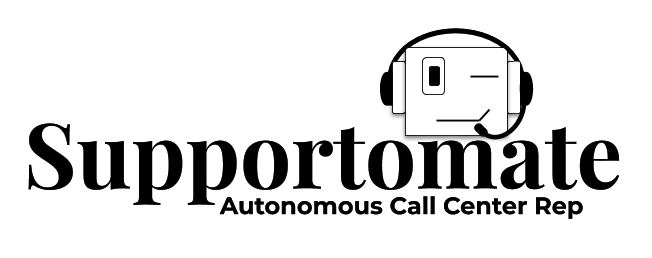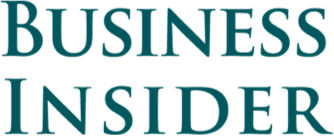In case you didn’t know, Tesla, the electric vehicle manufacturer, has been testing a car insurance service for its car owners in California for almost a year now. While the recently filed 10-K doesn’t list the new insurance service as a big contributor to revenues, it has surely been a resounding success. We know that, because last week, Tesla announced that it's going to create a revolutionary insurance company. It is widely believed that Tesla’s impetus for venturing into the insurance business was their assumption that autonomously driven Tesla vehicles are less likely to crash. With that, I actually think this is a much more profound move, with extremely far reaching implications for all incumbent car insurers. It might even be the last car insurance company.
Even though most people would consider new-age tech moguls like Elon Musk to be dismissive of traditional techniques like actuarial sciences, Musk said this in a July 22nd call with analysts: “I would love to have some high energy actuaries, especially. I have great respect for the actuarial profession. You guys are great at math. Please join Tesla, especially if you want to change things and you’re annoyed by how slow the industry is. This is the place to be. We want revolutionary actuaries”. In light of this information, and given the fact that Musk already used the name “The Boring Company” for something else, I suggest the name Pearson Insurance for this new venture, after the famous English founder of mathematical statistics, Karl Pearson. Pearson was the one who associated the regression line with the least squares estimate. A statistical technique that’s in the epicenter of the actuarial profession until this very day.
Pearson’s least squares estimate referred to as the Regression Line
Tesla's future seems to be a fully autonomous car as a service. In that future, people may not own cars, but rather subscribe to a car service. Similar to the lack of a Bus Ride Insurance or Train Insurance, when we get to that point, car insurance will no longer be an issue for the average Joe, who will just consume a transportation service. However, regardless of this probable eventuality, Teslas already come fully loaded with every type of sensor and camera you could imagine. This means that in a claim situation, our newly named Pearson Insurance technically doesn't need a claims adjuster to inspect the car or even to speak with the different parties, because all the data they would ever need could be provided by the car's hardware. Therefore, it's not hard to imagine a future in which the first notice of loss, the entire claim process, and even the payout will happen seamlessly and automatically. When a Tesla would crash, it would transmit over the air the 360 degree video of the event, the LIDAR recording, and the telematics straight to Pearson Insurance’s computer servers. The insurer’s algorithms will automatically assign fault and assess the damage. Roadside assistance will be automatically dispatched, and a Tesla shop will repair the car, with no additional cost. The transparent transmission of crash data also means that the information gap between the driver and the insurer is eliminated, solving the claims’ agent-principal problem. Therefore, our Pearson Insurance company should experience zero insurance fraud with Tesla car owners, reducing the loss ratio significantly, allowing further reductions in premiums.
Essentially, Tesla has an unfair advantage insuring Teslas. This is the epitome of the so-called Disruptive Innovation. Tesla’s new insurance company is going after a grossly over-served niche market - Tesla owners who don't need the service of a claims adjusters. Moreover, insurance carriers will most likely be happy to let go of this market share, as it represents an extremely small population whose risks they don't understand. Incumbent insurance carriers would likely consider autonomous driving riskier than human driving. They also consider the high price of repairing the pricey Teslas in case of a crash. They ultimately can’t come to terms with a lower premium for Teslas compared to other similarly priced cars. So if Tesla wants to insure Tesla owners, the likely thought process of incumbent carriers would prompt them to apriori forgo any competition over this small niche market. In true disruptive innovation fashion, a possible next step for Tesla might be to continue its attack upmarket by selling insurance to owners of other autonomous cars. Even selling a hardware package to retrofit and thus insure standard cars is not an outlandish possibility, considering the value it provides not only to the insurer, but to the transparency of the entire insurance transaction. If this story develops similarly to other disruptive innovations, it is not unlikely that by the time most cars came with a similar suite of sensors, Tesla will have been leading the insurance market of these tech-laden vehicles. Other insurance carriers will then just have to go out of car insurance entirely. By then, car insurance will simply not be lucrative enough for traditional insurance carriers.





